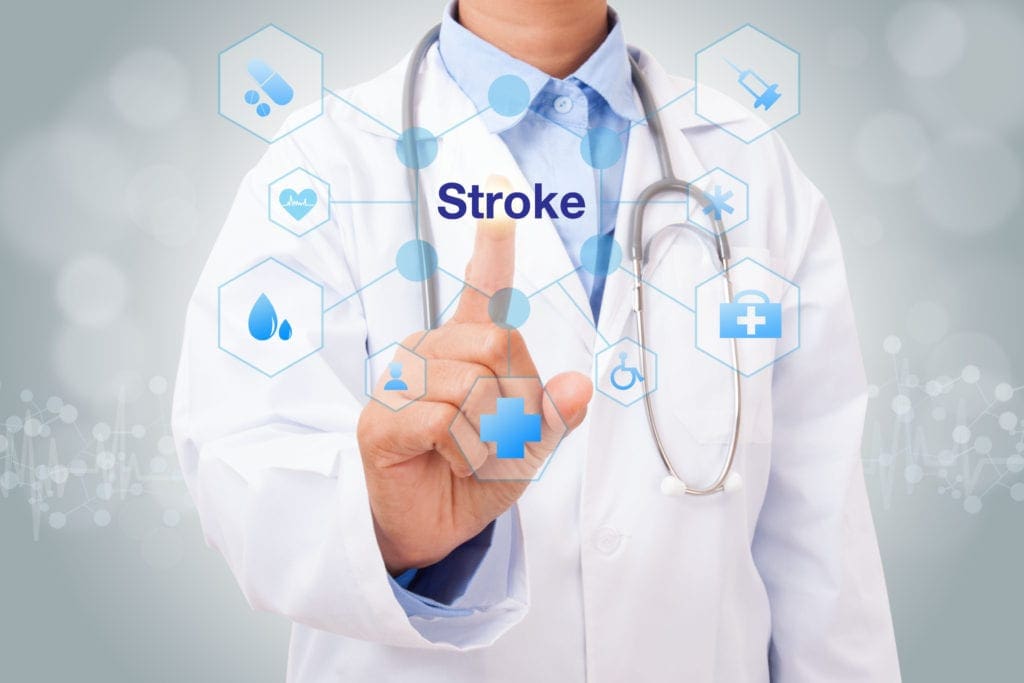
Help for Stroke
A stroke happens when the blood supply to a part of your brain is interrupted or reduced. When this happens, the brain tissue is deprived of oxygen and nutrients, which leads some of the brain cells in that area to die.
Symptoms of Stroke
Signs and symptoms of stroke include:
- Difficulty speaking (slurred speech) or understanding other people
- Confusion
- Paralysis of a specific part of the body
- Reduced vision in one or both eyes
- Intense, sudden headache
- Sudden dizziness, loss of balance
What to do if you think someone is having a stroke
Wondering how to help for stroke? A stroke is a medical emergency – you can help with stroke by seeking immediate medical attention (call 911) if you see signs of a stroke. An acronym that can let you help with stroke is to think “FAST”:
- Face – is the person’s face drooping?
- Arms – can the person raise their arms properly?
- Speech – can the person repeat a simple phrase without slurring?
- Time – Act Fast! Call 911. Don’t wait to see if symptoms stop.
What Treatments Can Help After a Stroke?
After treatment in hospital, our neuropsychologists help with stroke by treating and managing the symptoms of stroke. We teach memory and attention training, and how to compensate for areas of ongoing difficulty. We offer support and guidance to stroke patients and their families. Treatment is offered at our offices in Burlington and St. Catharines.
Our Clinicians Who Work With Stroke
Learn more about our services for adults and seniors. Learn more about our practice, meet our psychologists, or contact us today!
